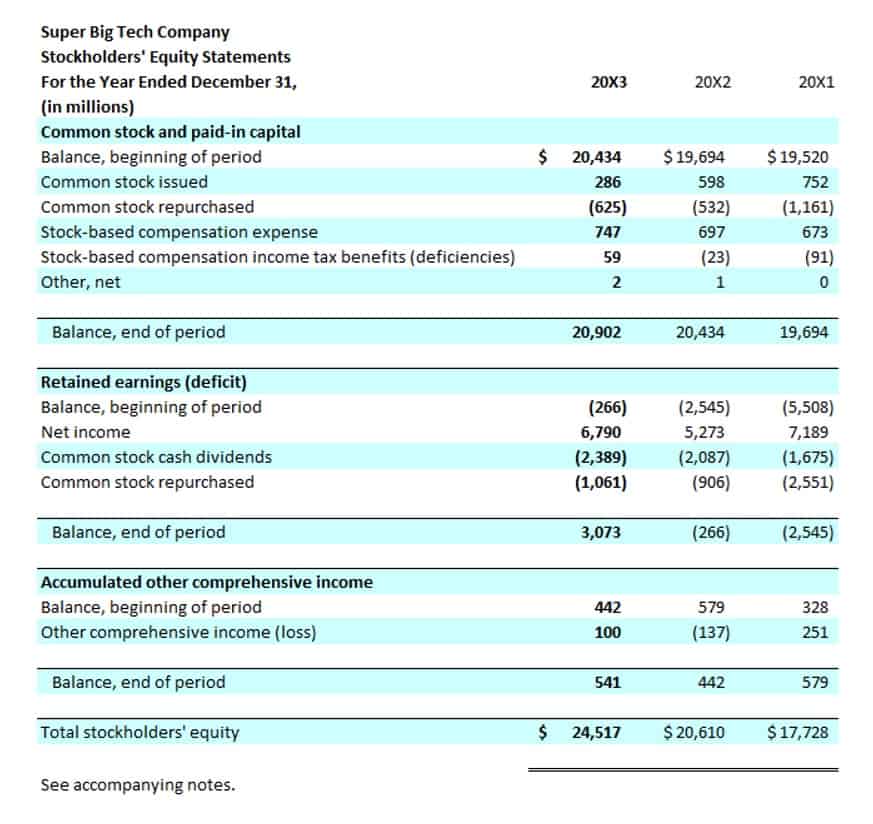
They are vital components of a balance sheet, which is one of the primary financial statements used by stakeholders to assess a company’s performance and sustainability. A liability is something that a person or company owes, usually a sum of money. Liabilities are settled over time through the transfer of economic benefits including money, goods, or services. They’re recorded on the right side of the balance sheet and include loans, accounts payable, mortgages, deferred revenues, bonds, warranties, and accrued expenses.

Debits and credits

“The FTC has a pattern of settling with these companies and keeping them under a consent decree for 20 years or so,” Selbst said. “But with the FTC, you don’t get individual customers receiving damages or compensation. This is just a regulatory regime, and they receive fines payable to the federal government.” The articles and research support materials available on this site are educational and are not intended to be investment or tax advice. All such information is provided solely for convenience purposes only and all users thereof should be guided accordingly. 11 Financial is a registered investment adviser located in Lufkin, Texas.
Owner’s Equity: What It Is and How to Calculate It
This can provide the necessary information behind how much liquid funds they could produce in the event that those assets had to be sold. As a small business owner, you’re going to incur different types of liabilities as you operate. It might be as simple as your electric bill, rent for your office or other types of business purchases. Contingent liabilities are a little different since they are liabilities that might occur. This usually happens because a liability is dependent on the outcome of some type of future event.

How confident are you in your long term financial plan?
- Liabilities, on the other hand, represent obligations a company has to other parties.
- The current month’s utility bill is usually due the following month.
- Liabilities are best described as debts that don’t directly generate revenue, though they share a close relationship.
- For the past 52 years, Harold Averkamp (CPA, MBA) hasworked as an accounting supervisor, manager, consultant, university instructor, and innovator in teaching accounting online.
- An expense is a loss and therefore results in a reduction in capital.
- If your books are up to date, your assets should also equal the sum of your liabilities and equity.
- Ideally, suppliers would like shorter terms so that they’re paid sooner rather than later—helping their cash flow.
One of the simplest ways to think about liabilities is that they’re a kind of third-party funding. You would use this funding to purchase business assets and fund other areas of what are liability accounts your operations. When cash is deposited in a bank, the bank is said to “debit” its cash account, on the asset side, and “credit” its deposits account, on the liabilities side.
Any mortgage payable is recorded as a long-term liability, though the principal and interest due within the year is considered a current liability and is recorded as such. Notes payable is similar to accounts payable; the difference is the presence of a written promise to pay. A formal loan agreement that has payment terms that extend beyond a year are considered notes payable.
Dividends Payable or Dividends Declared
This is why it’s important to understand what liabilities are since they play a critical role in your business. The ordering system is based on how close the payment date is, so a liability with a near-term maturity date will be listed higher up in the section (and vice versa). The liabilities undertaken by the company should theoretically be offset by the value creation from the utilization of the purchased assets. Michelle Payne has 15 years of experience as a Certified Public Accountant with a strong background in audit, tax, and consulting services.


- For example, banks want to know before extending credit whether a company is collecting—or getting paid—for its accounts receivable in a timely manner.
- The analysis of current liabilities is important to investors and creditors.
- Many first-time entrepreneurs are wary of debt, but for a business, having manageable debt has benefits as long as you don’t exceed your limits.
- Suppliers will go so far as to offer companies discounts for paying on time or early.
- In other words, the creditor has the right to confiscate assets from a company if the company doesn’t pay it debts.
- Here are a few metrics and key ratios that potential investors and management teams look at to perform a financial analysis.
- The quick ratio is the same formula as the current ratio, except that it subtracts the value of total inventories beforehand.
- Plus, making sure that they get recorded properly on your balance sheet is just as important.
- The impact of these liabilities can significantly influence a company’s financial statements, making it essential for businesses to monitor, manage and strategically plan their liability structure.
- A constructive obligation is an obligation that is implied by a set of circumstances in a particular situation, as opposed to a contractually based obligation.
- Current liabilities of a company consist of short-term financial obligations that are typically due within one year.
- However, even if you’re using a manual accounting system, you still need to record liabilities properly.
